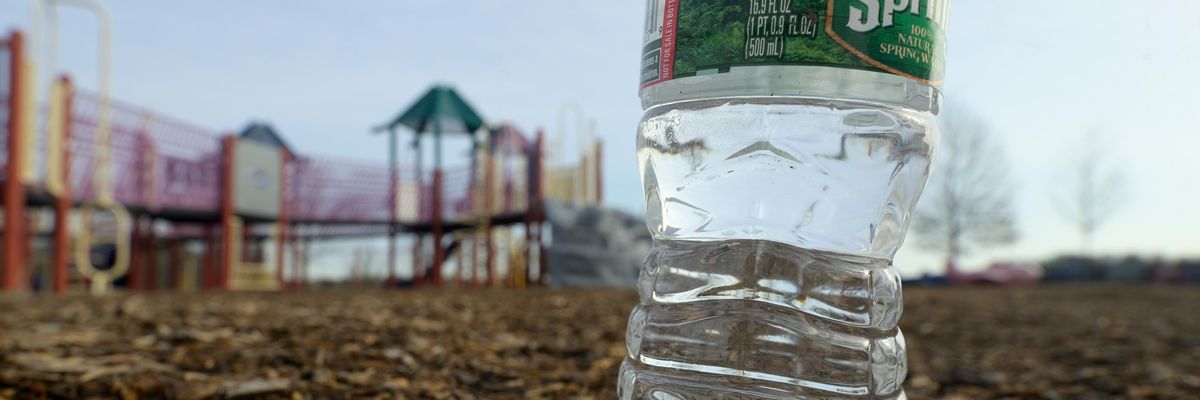Maine enacted a groundbreaking law on Thursday, banning the use of so-called "forever chemicals" in all products by 2030, except in instances deemed "currently unavoidable."
Maine is the first state in the U.S. and first government in the world to implement a ban on the toxic chemicals per- and polyfluoroalkyl, known as PFAS, which are notorious for not breaking down easily in the environment and can remain in a person's body for decades after exposure.
"I am proud to see Maine taking action that will change the conversation on how PFAS are regulated, not only addressing the entire class, but creating the requirement to avoid these persistent and toxic chemicals wherever possible," said Patrick MacRoy, the deputy director of Defend Our Health, a public health organization in Maine that coordinated with experts and community advocates to get the bill passed.
The man-made chemicals can be found in soil, drinking water, the air, food packaging, cosmetics, cookware, various household products, and industrial workplaces--resulting in widespread exposure to humans and the environment.
A 2015 study by the Centers for Disease Control and Prevention (CDC)found PFAS present in 97% of Americans' blood.
Democratic state House Representative Lori Gramlich who sponsored the bill, toldReuters, "PFAS is at a crisis level here in Maine--it's in the soil, groundwater, and household items, and it is making people severely sick."
PFAS have been associated with numerous health effects, including low infant birth weights, liver and kidney disease, disruptions of the immune and reproductive systems, and cancer.
While the statewide ban does not take affect until January 2030, manufacturers will have to begin reporting the presence of PFAS chemicals in their products to the Maine Department of Environmental Quality starting in January 2023.
"This policy sets a strong national precedent that sends a clear signal to industry that we need to move quickly toward safer chemistry and away from toxic chemicals like PFAS," said Sarah Doll, the national director of Safer States, a public health advocacy group that advocates for stronger legislation on PFAS at the state level.
Maine has emerged as a climate leader, recently passing two additional landmark environmental laws. In June it became the first state to pass a bill requiring the government's divestment from fossil fuels by 2026 and on July 13th Gov. Janet Mills (D) signed a bill that shifted costs of recycling from taxpayers to companies, the first bill of its kind in the country.

